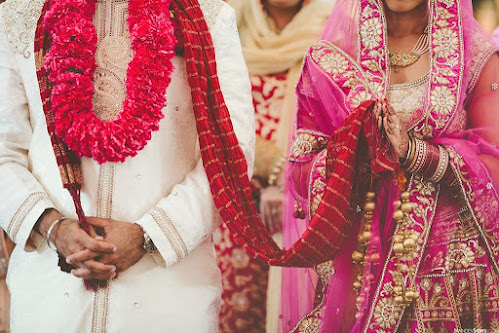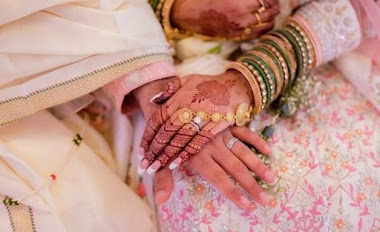Why is Arranged Marriage given more importance in India?
Arranged marriage holds a significant place in Indian society, where it is not merely a tradition but a cornerstone of the cultural and social fabric. This enduring practice, deeply rooted in Indian history, has been passed down through generations and continues to play a vital role in contemporary Indian life. Several key factors contribute to the enduring importance of arranged marriages in India.
First and foremost, the significance of arranged marriages in India can be attributed to the preservation of cultural and traditional values. India is a diverse nation, with a multitude of languages, religions, and customs. Arranged marriages often serve as a means to uphold and propagate these cultural traditions. By selecting partners from the same cultural and religious backgrounds, families ensure the continuation of their heritage and values. This maintains a sense of continuity and harmony within the community, reinforcing the idea that marriage is not just a union of two individuals but an alliance of two families.
Arranged marriages are seen as a way to strengthen familial bonds and social cohesion. In Indian society, the family unit is highly regarded, and arranged marriages are viewed as an arrangement that unites not only two individuals but also two families. Marital decisions often involve the consent and participation of extended family members, who collectively determine compatibility, social standing, and shared values. This approach fosters a sense of unity and support, as the families involved have a vested interest in the success of the marriage.
One of the compelling reasons for the prominence of arranged marriages in India is the role of parents and elders in the matchmaking process. Elders are respected and revered in Indian culture for their wisdom and life experience. The older generation often takes on the responsibility of selecting suitable life partners for their children, as they are believed to have a better understanding of the complexities of human relationships. The trust in the judgment of parents and elders is deeply ingrained in the Indian psyche, and their involvement is seen as an invaluable source of guidance.
Another factor that underpins the importance of arranged marriages in India is the belief in astrological compatibility and horoscope matching. In many Indian families, astrologers are consulted to ensure that the prospective couple's horoscopes align favourably. Astrological compatibility is considered a crucial determinant of a harmonious and prosperous union. Families take great care to match horoscopes meticulously to mitigate the potential risks and challenges that might arise in a marriage.
Economic stability and social status also play a pivotal role in the prominence of arranged marriages. Marriages in India are not just unions of love; they are also often alliances of wealth, social standing, and influence. Families are acutely aware of the importance of ensuring that their children marry into families of equal or higher social status. The belief is that such matches will not only secure the financial future of the couple but also elevate their social standing, granting access to resources, networks, and opportunities that might otherwise be inaccessible.
In addition to cultural and societal factors, the prevalence of arranged marriages in India can be attributed to the practical advantages it offers. Indian parents, in particular, see arranged marriages as a way to provide their children with a stable and secure future. Marital alliances often involve careful consideration of factors such as education, career prospects, and financial stability.
Moreover, the sheer vastness of India, with its diverse regions and communities, contributes to the prominence of arranged marriages. Different regions and communities have their own unique customs and traditions. Arranged marriages, tailored to specific cultural practices and beliefs, allow families to preserve their distinct identities. This regional diversity further solidifies the practice, as it adapts to the intricacies of various communities and ensures that the customs of each group are honoured.
It's important to note that as India continues to evolve, so do its attitudes toward marriage. While arranged marriages remain a prominent and cherished tradition, the landscape of matrimony in India is evolving to accommodate a more diverse range of marital choices and individual preferences.




Comments
Post a Comment